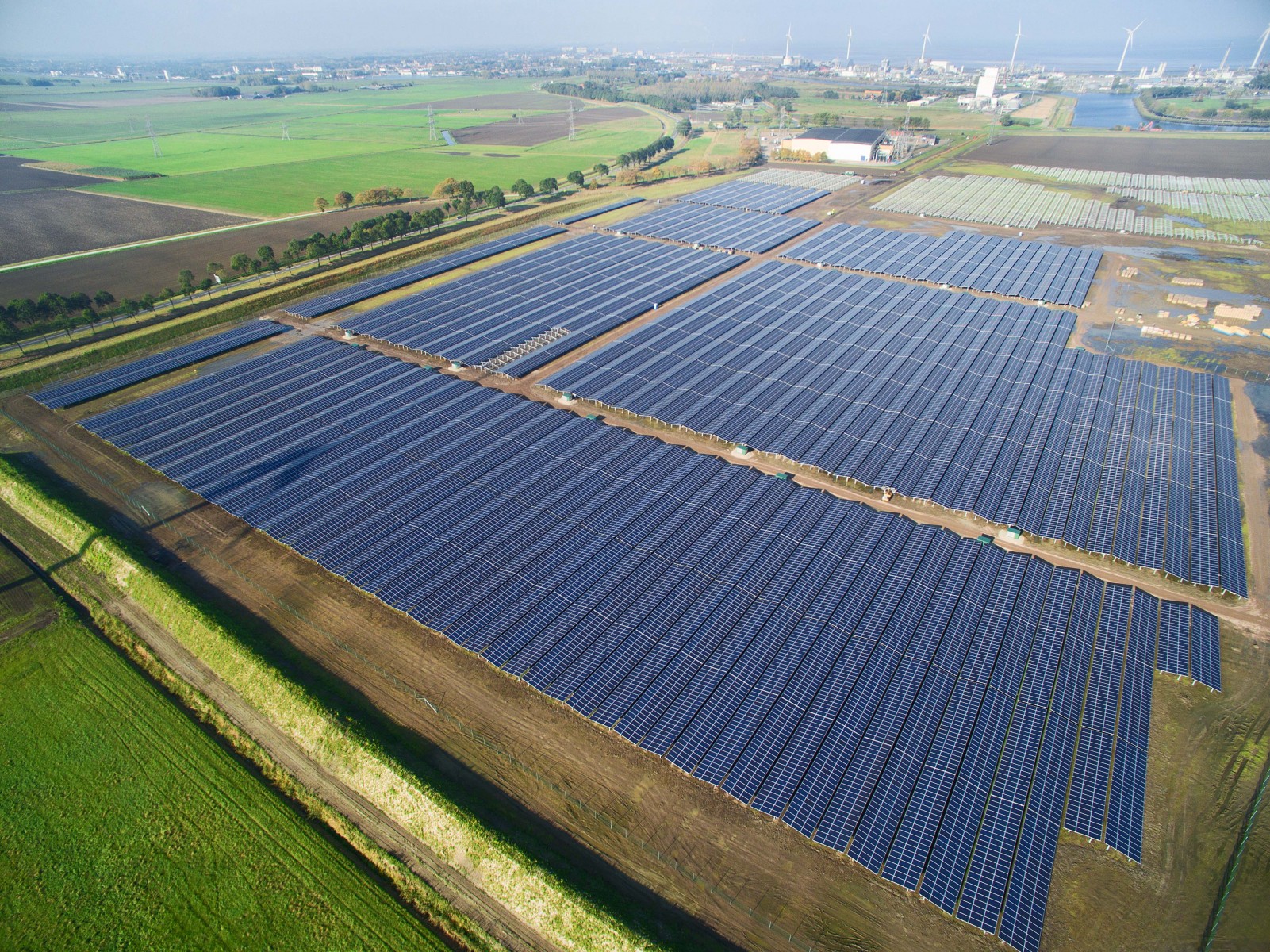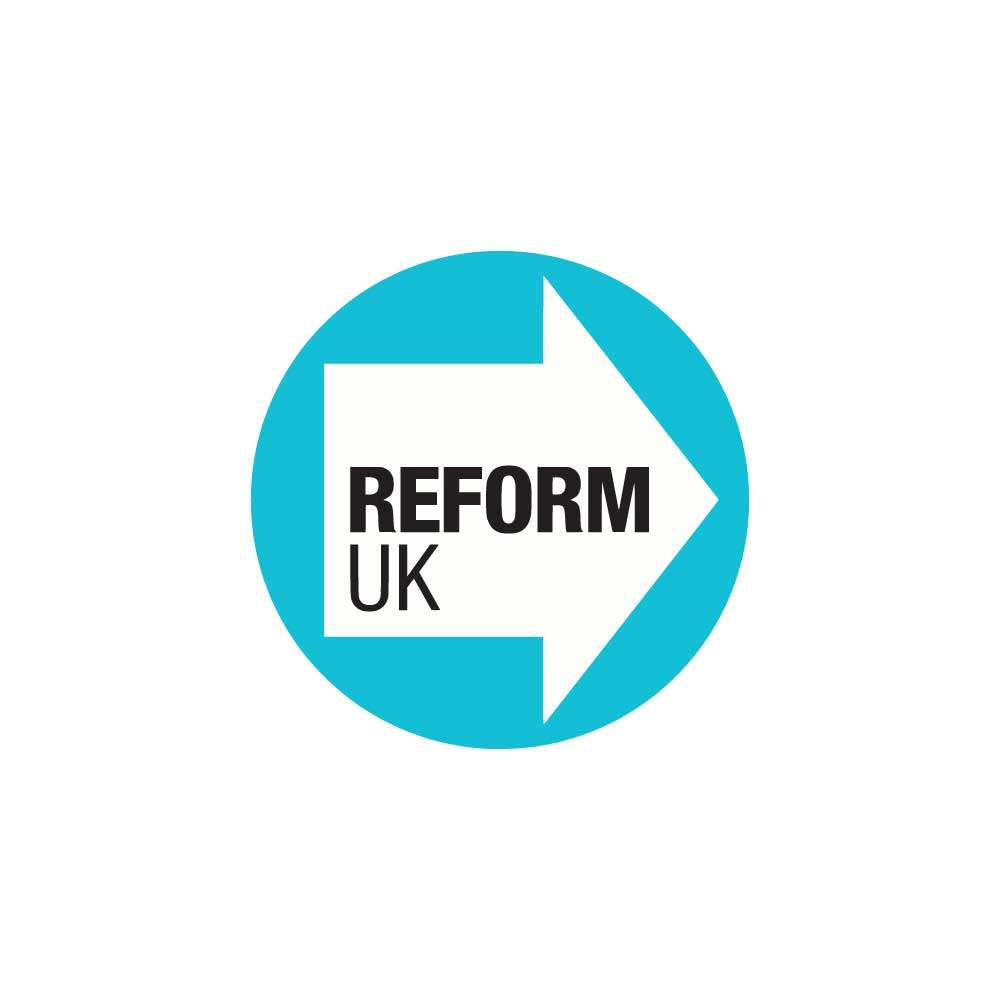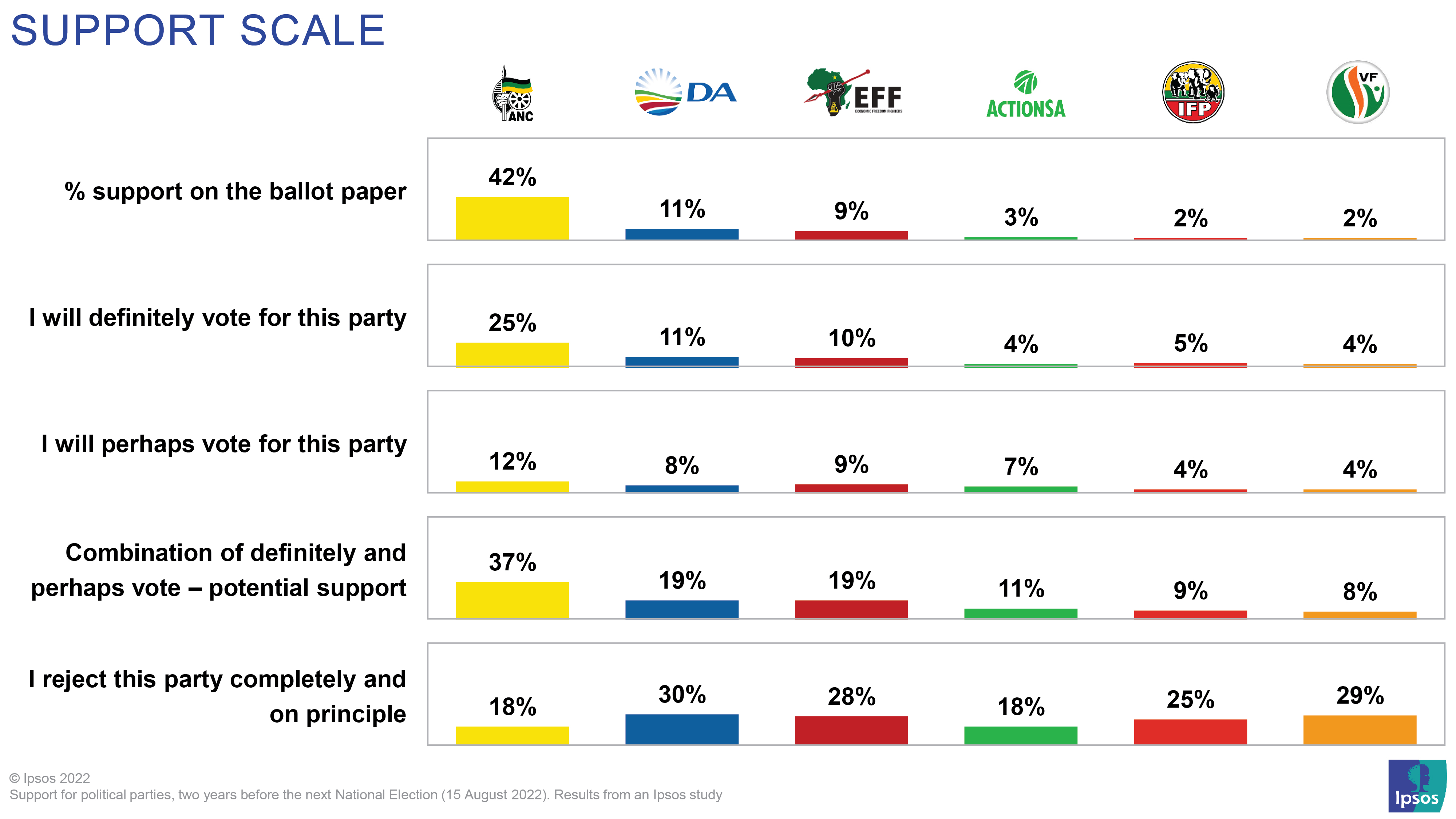Lower Electricity Tariffs: A Dutch Solar Power Initiative

Table of Contents
The Growing Need for Affordable Energy in the Netherlands
Rising energy costs in the Netherlands are impacting households and businesses significantly. The increasing price of electricity, driven by global factors and volatile energy markets, has left many Dutch consumers vulnerable to substantial price fluctuations. This makes finding sustainable and affordable energy solutions more urgent than ever. The high cost of electricity is not only affecting household budgets but also impacting the competitiveness of Dutch businesses.
- Increasing energy prices driven by global factors: Fluctuations in fossil fuel prices and geopolitical instability directly impact electricity tariffs.
- The vulnerability of Dutch consumers to price fluctuations: Many consumers are on variable tariffs, leaving them exposed to unpredictable increases in their monthly bills.
- The urgent need for sustainable and affordable energy solutions: The need for a shift towards renewable energy sources like solar power is becoming increasingly critical for both economic and environmental reasons.
Solar power offers a compelling solution, providing a sustainable and potentially cost-effective alternative to traditional energy sources. By harnessing the power of the sun, homeowners and businesses can reduce their reliance on the national grid and lessen the impact of fluctuating energy prices.
The Dutch Solar Power Initiative: Key Features and Benefits
The Netherlands has implemented several initiatives to encourage the adoption of solar power, making it more accessible and affordable for its citizens. These initiatives include substantial government subsidies, attractive tax breaks, and various financing options designed to incentivize solar panel installation.
- Details of available government subsidies (amounts, eligibility criteria): The Dutch government offers a range of subsidies, including the "Subsidieregeling duurzame energie" (SDE++), which provides financial support for renewable energy projects, including solar panel installations. Specific amounts and eligibility criteria vary and should be checked on the Rijksdienst voor Ondernemend Nederland (RVO) website.
- Explanation of tax benefits for solar energy investments: Investing in solar panels often comes with tax advantages, reducing the overall cost of the investment and boosting the return on investment. These benefits can significantly lower the upfront costs.
- Information on available financing options (loans, leasing): Several banks and financial institutions offer specialized loans and leasing options for solar panel installations, making the initial investment more manageable. These options can reduce the financial burden and make solar power more accessible to a wider range of consumers.
- Mention specific programs or organizations involved in the initiative: Various organizations, including Energieleveranciers and local municipalities, actively support the adoption of solar power through information campaigns and technical assistance.
Impact on Energy Independence and Sustainability
The Dutch solar power initiative significantly contributes to the country's energy transition by reducing reliance on fossil fuels and promoting renewable energy sources.
- Reduction in carbon footprint: Solar energy is a clean energy source, reducing greenhouse gas emissions and contributing to a lower carbon footprint for the Netherlands.
- Improved energy security for the Netherlands: By generating electricity locally, the country becomes less dependent on volatile global energy markets and enhances its energy independence.
- Contribution to national renewable energy targets: The widespread adoption of solar power significantly contributes to achieving the Netherlands' ambitious renewable energy targets, aiming for a cleaner and more sustainable energy future.
Steps to Lower Your Electricity Tariffs with Solar Power
Taking advantage of the Dutch solar power initiative to lower your electricity bills is a straightforward process. Here's a step-by-step guide:
- Finding a reputable solar panel installer: Research and choose a certified and experienced installer with positive customer reviews.
- Understanding the installation process and timelines: Get a clear understanding of the installation process, including permits, inspections, and the expected timeline.
- Navigating government subsidies and application processes: Learn about the available subsidies and thoroughly understand the application process to ensure you qualify and receive the maximum support.
- Estimating potential savings on electricity bills: Use online calculators or consult with your installer to estimate your potential savings based on your energy consumption and solar panel capacity.
Addressing Common Concerns and Misconceptions about Solar Power
While solar power offers numerous benefits, some concerns might deter potential adopters.
- Addressing concerns about the effectiveness of solar panels in the Dutch climate: While the Netherlands doesn't receive the same intense sunlight as some southern European countries, solar panels remain highly effective, generating considerable electricity throughout the year.
- Explaining financing options to mitigate upfront costs: The availability of government subsidies, loans, and leasing options significantly reduces the financial burden of initial investment.
- Highlighting the long-term return on investment: While there's an initial investment, the long-term savings on electricity bills, coupled with potential tax benefits, result in a strong return on investment over the lifespan of the solar panels.
- Dispelling myths surrounding solar panel maintenance and lifespan: Solar panels require minimal maintenance, and their lifespan is typically 25-30 years, ensuring a long-term reduction in electricity costs.
Conclusion
The Dutch solar power initiative offers a significant opportunity to achieve lower electricity tariffs while contributing to a more sustainable energy future. By leveraging government subsidies, tax breaks, and various financing options, Dutch citizens can reduce their reliance on fossil fuels, lower their carbon footprint, and significantly reduce their monthly electricity bills. The potential savings, coupled with the environmental benefits, make investing in solar power a compelling choice.
Take control of your energy future and explore how the Dutch solar power initiative can help you achieve significantly lower electricity tariffs. Visit [link to relevant government website, e.g., RVO.nl] to learn more today!

Featured Posts
-
 A Bitter Dispute Within Reform Uk Understanding The Fallout
May 03, 2025
A Bitter Dispute Within Reform Uk Understanding The Fallout
May 03, 2025 -
 Ps 6 Kl Ma Tryd Merfth En Blay Styshn 6 Aljdyd
May 03, 2025
Ps 6 Kl Ma Tryd Merfth En Blay Styshn 6 Aljdyd
May 03, 2025 -
 Understanding The Political Landscape Key Insights From Florida And Wisconsins Election Turnout
May 03, 2025
Understanding The Political Landscape Key Insights From Florida And Wisconsins Election Turnout
May 03, 2025 -
 Gaza Flotilla Attacked Arab Media Perspective And International Response
May 03, 2025
Gaza Flotilla Attacked Arab Media Perspective And International Response
May 03, 2025 -
 Christina Aguileras Photoshopped Images Fans React To Unrecognizable Photoshoot
May 03, 2025
Christina Aguileras Photoshopped Images Fans React To Unrecognizable Photoshoot
May 03, 2025
